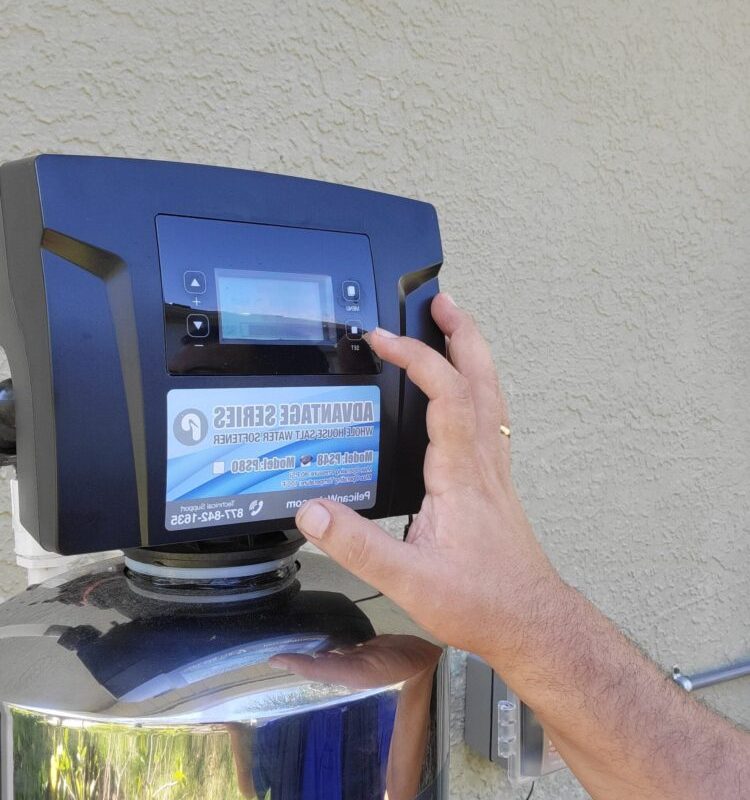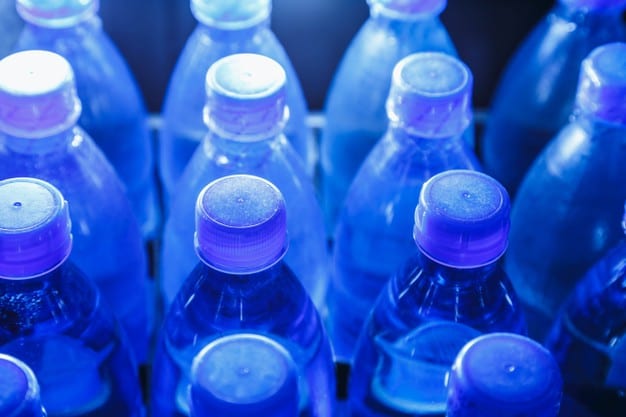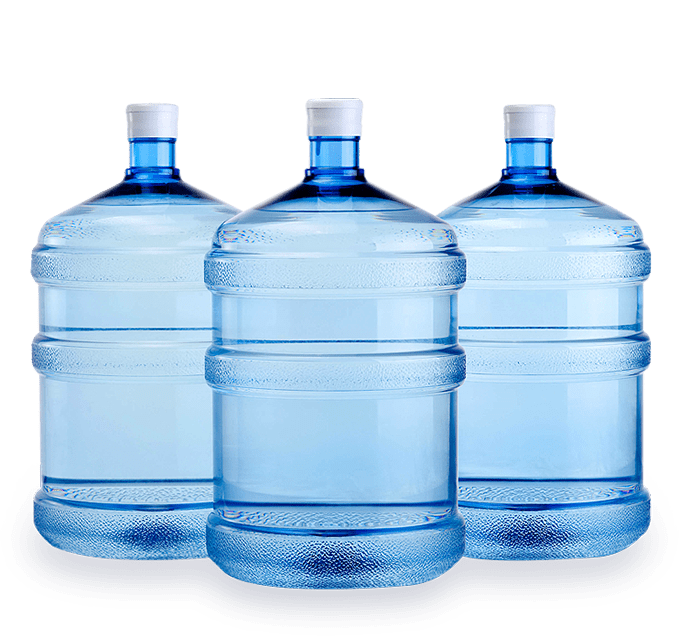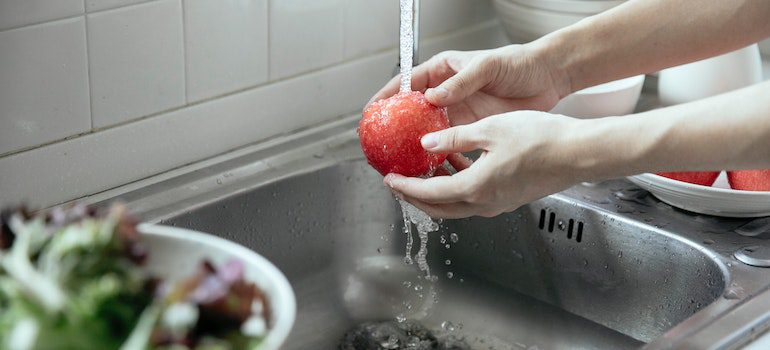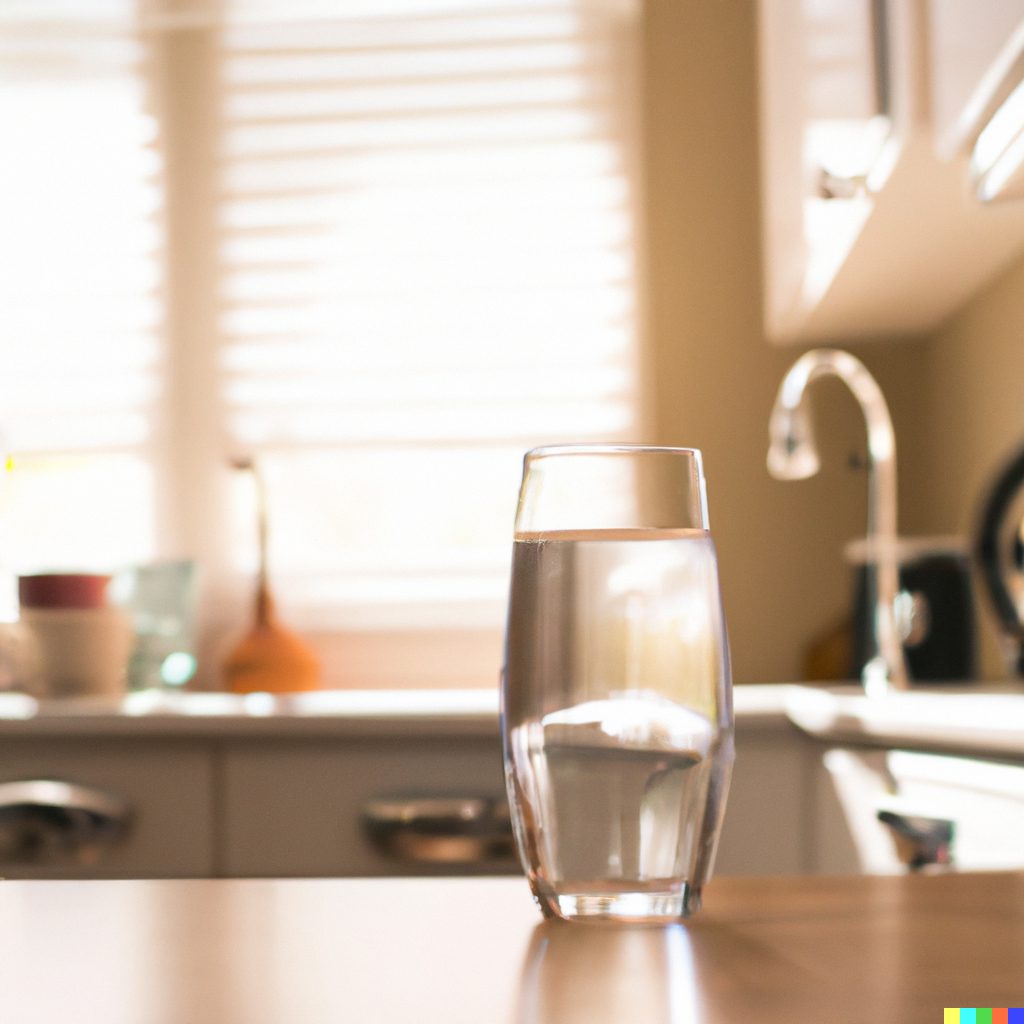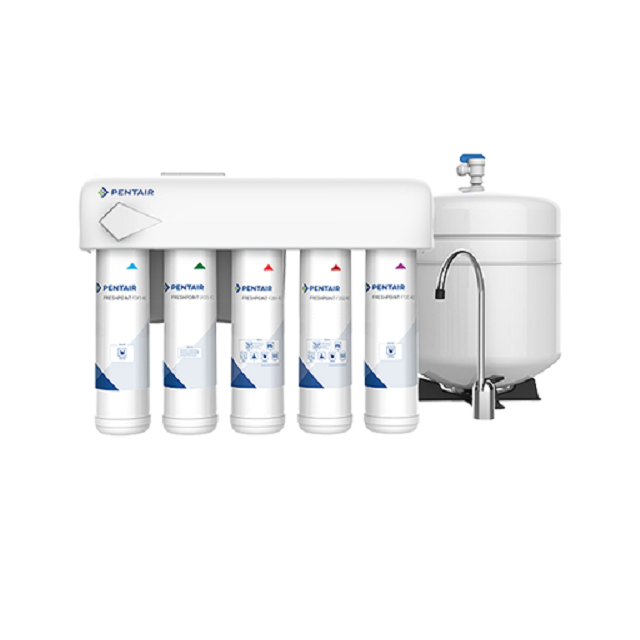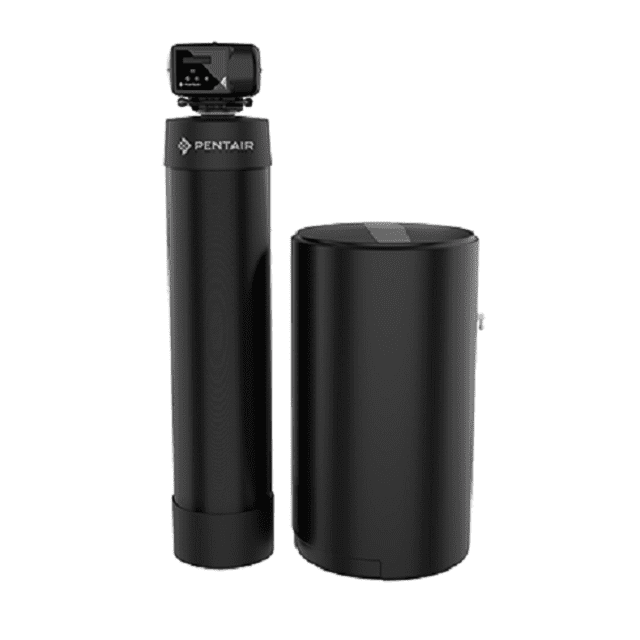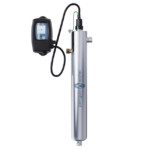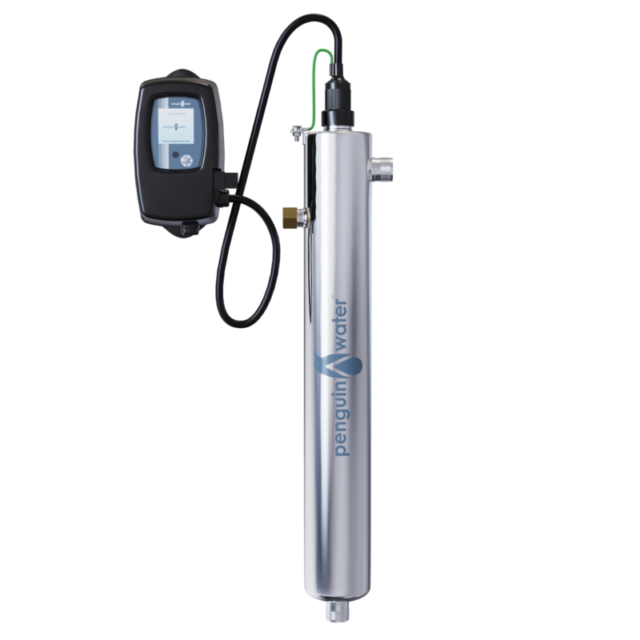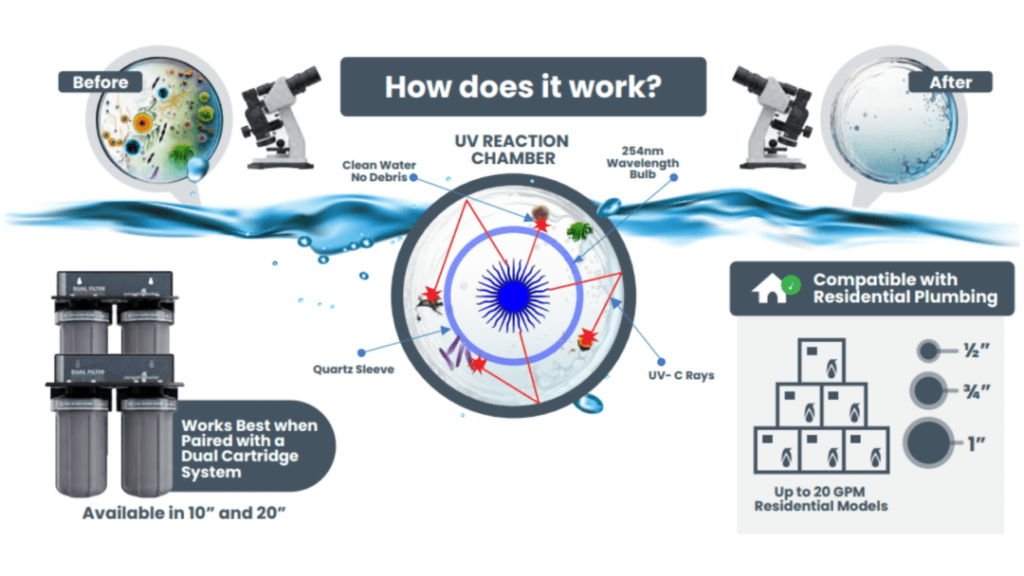If you are a resident of Central Florida, you might have noticed that the water quality in your home is not up to the mark. It might have an unpleasant taste, color, or odor, making it difficult to drink or use. You are not alone in this, and many others face similar issues and look for a solution.
You might have come across online advertisements for water filters that claim to improve water quality. However, it can be risky to purchase a water filter online because the product may not fit your requirements, be challenging to install, or wear out quickly.
This is why it is essential to contact a reputable local water treatment company that can provide expert guidance, quality products, and reliable services. A local company can analyze your water, suggest the most suitable water filter system for your home, install it correctly, and offer ongoing support whenever necessary. This article will help you understand why it is important to reach out to a trustworthy water treatment company in your area.
How Much Does It Cost to get a Water filtration system ?
Water is essential for life, but not all water is the same. Depending on where you live, your water may contain minerals, chemicals, or contaminants that can affect its taste, smell, and quality. Hard water, for example, is water that has high levels of calcium and magnesium, which can cause problems for your plumbing, appliances, skin, hair, and laundry. That’s why many homeowners choose to install a water softener, which is a device that removes the hardness minerals from the water and replaces them with sodium or potassium ions.
But how much does it cost to get a water softener? And what factors should you consider before buying one? In this blog post, we will answer these questions and help you make an informed decision about your water treatment needs.
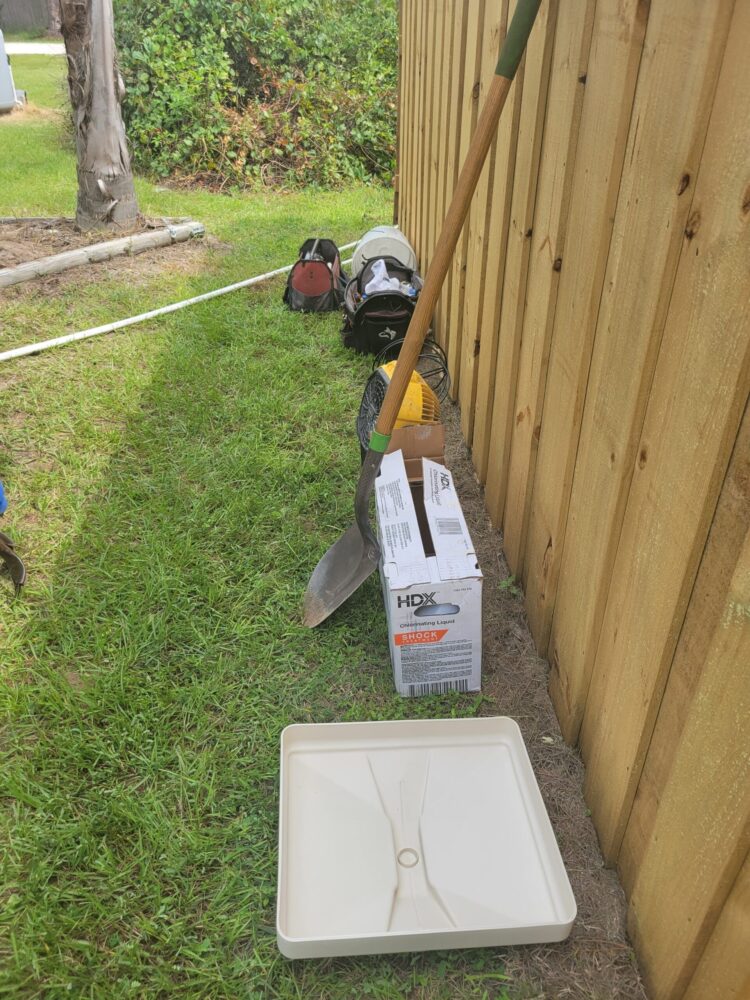
The Cost of Buying a Water Softener or filtration system
The first thing you need to know is that there are many types of water filters available on the market, ranging from basic softener models that use salt to advanced ones that use reverse osmosis or magnetic fields. The price of a water softener and filtration depends on several factors, such as:
- The quality or source of your water – City or Well Water
- Size and capacity of the unit
- The Features And Technology Of The Unit
- Brand And Reputation Of The Manufacturer
- The Warranty And Service Of The Unit
- After-sales services
According to HomeAdvisor, the average cost of a water softener only in the US is $1,786, with most homeowners spending between $1,500 and $4,000 to get whole house filtration for city water . However, this does not include the installation cost, which can vary depending on your location and plumbing situation.
Some customers prefer to buy a cheap system online and install it themselves, but because it involves your water, we advise them to conduct research beforehand.
The Cost of Installing a Water Softener
Buying or installing a water softener is not a DIY project. You need to hire a professional plumber or a water treatment specialist who can properly assess your water quality, determine the best type and location for the unit, connect it to your main water line and electrical outlet, and adjust the settings according to your preferences. The installation cost of a water softener depends on several factors, such as:
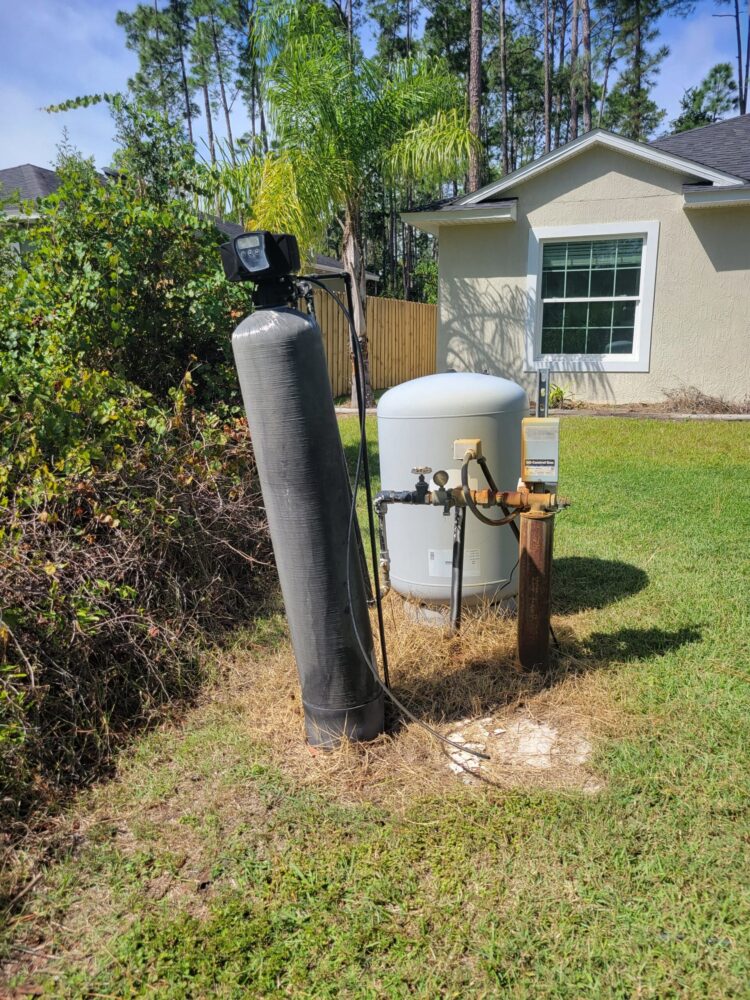
- Complexity and length of the plumbing work
- The availability of the water line
- Labor rates and permits
- The type and model of the water softener
- The accessibility of the electrical outlet
According to HomeAdvisor, the average installation cost of a water softener in the US is $400, with most homeowners spending between $300 and $600 and whole house filtration would cost $600-$1000.
However, this can vary significantly depending on your location and plumbing situation. For example, if you need to add extra piping or electrical connections, or if you live in an area with high labor rates or strict regulations, you may end up paying more than the average.
The Cost of Maintaining a Water Softener
Installing a water softener is not a one-time expense. You also need to consider the ongoing maintenance costs of operating and servicing the unit. The maintenance cost of a water softener depends on several factors, such as:
- Type and model of the water softener
- The frequency and amount of salt or other consumables required
- The quality and hardness of your water
- Usage and efficiency of your unit
- The warranty and service of your unit
Contact us to learn more
According to HomeAdvisor, the average maintenance cost of a water softener in the US is $100 per year, with most homeowners spending between $50 and $150. However, this can vary depending on your specific situation. For example, if you have a salt-based water softener, you need to regularly replenish the salt in the brine tank, which can cost anywhere from $5 to $20 per month depending on the size and quality of the salt. If you have a reverse osmosis or magnetic water softener, you may need to replace the filters or cartridges periodically, which can cost anywhere from $10 to $100 per year depending on the type and quality of the filter.
The Benefits of Buying from a Reputable Company
As you can see, installing a water softener is not a simple or cheap process. It involves many variables and decisions that can affect your satisfaction and budget. That’s why it’s important to buy from a reputable company that can offer you:
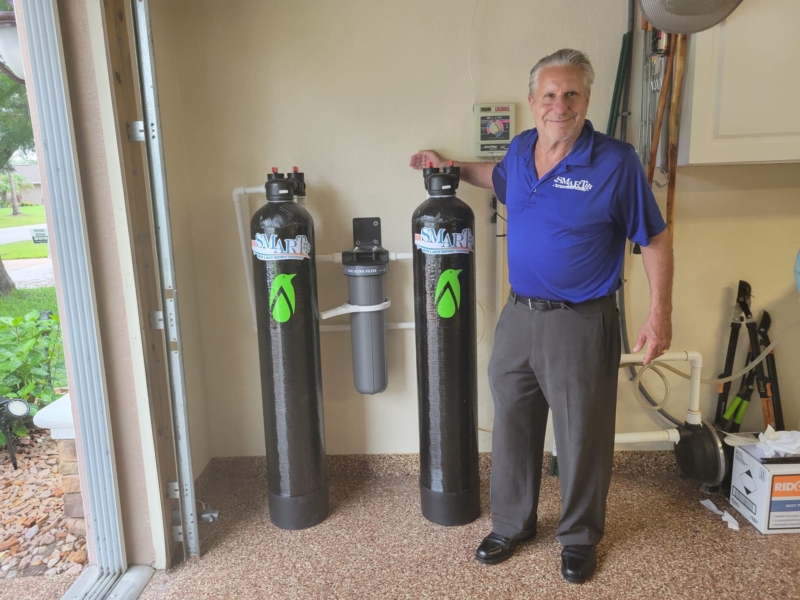
If you live in Central Florida, Orlando, Sanford, Lake Mary, Seminole County or Orange County, we recommend you check out Smart Water Treatment Technology, which is a local company that specializes in water treatment solutions for residential and commercial customers. They offer:
- Free consultation and water test to determine your needs and options
- A wide selection of high-quality products that suit your preferences and budget
- Fair and transparent pricing that includes all the costs and fees upfront
- Professional installation that ensures optimal performance and safety
- Comprehensive customer services.
Conclusion
Installing a water softener is a smart investment that can enhance your water quality and your quality of life. However, it’s not a cheap or easy process. You need to consider many factors and costs before making a purchase. You also need to choose a reputable company that can offer you the best products, prices, and services.
If you live in Central Florida, Orlando, Sanford, Lake Mary, Seminole County or Orange County, you don’t need to look any further than Smart Water Treatment Technology. They are the experts in water treatment solutions who can help you find the right water softener for your home or business. Contact them today for a free consultation and water test, and see for yourself why they are the best choice for your water needs.

